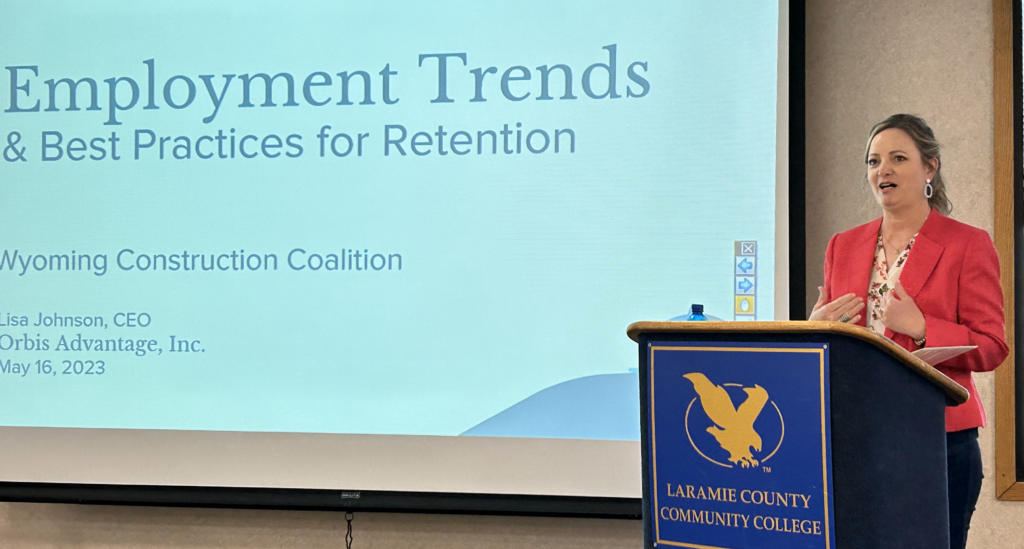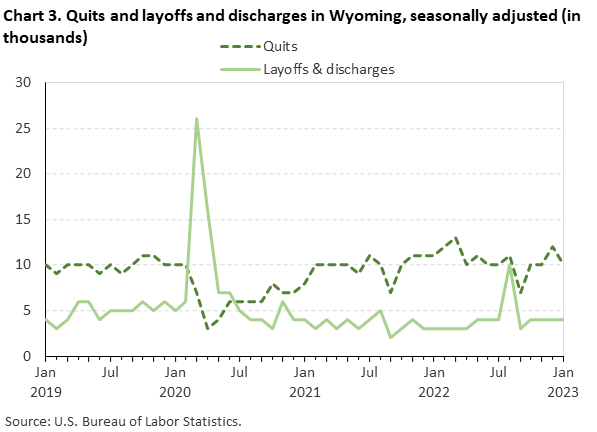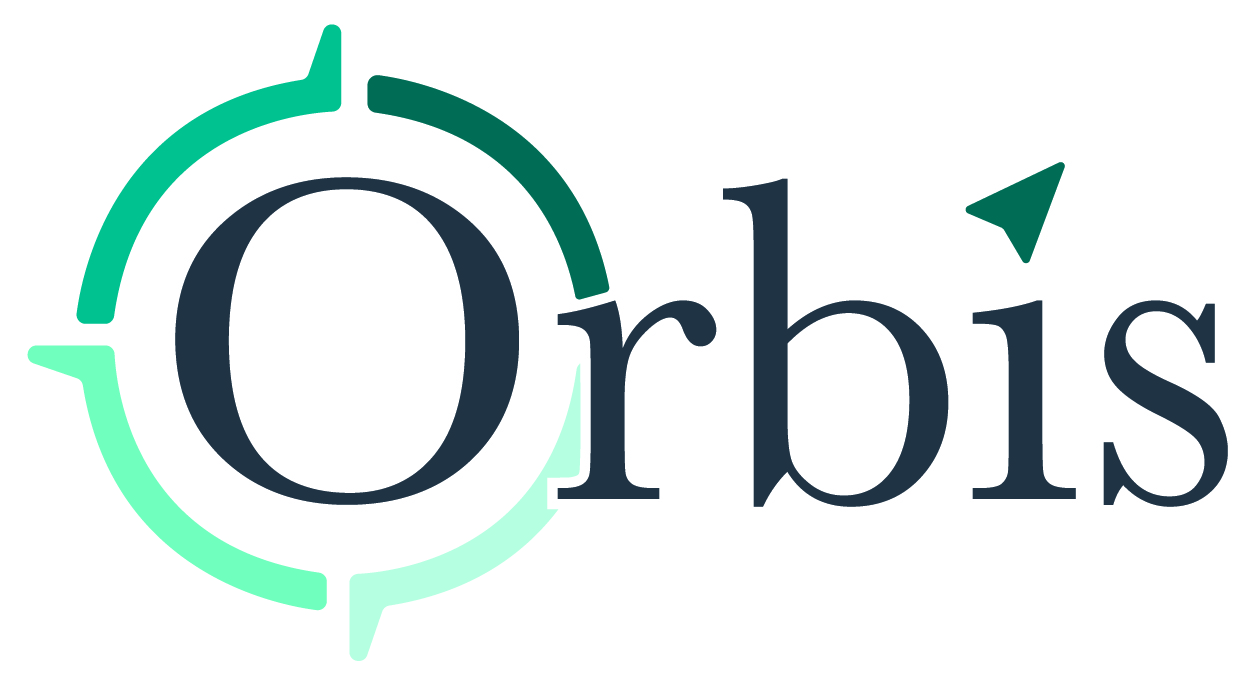Employment Trends & Best Practices for Employee Retention
By the time you’re 17 years old, you’ve heard, “No you can’t,” an average of 150,000 times. You’ve heard, “Yes, you can,” 5,000 times. That’s 30 no’s for every yes.
These startling statistics about the powerful belief of “I can’t” are from entrepreneur and behavior expert John Assaraf. Assaraf has authored these books: The Answer: Grow any business, Achieve Financial Freedom and Live an Extraordinary Life (2009); and Having it All: Achieving Your Life’s Goals and Dreams (2007).
As I reflect on what motivates people, I think about my students at Eastern Wyoming College or the people I hired as the Division Director at the Wyoming Business Council. I always try to be encouraging, and I used to think that if people weren’t performing or had difficulty communicating, it might be a “generational thing.”
Something else you should know about me, is I’m an Enneagram 8. That means I’m decisive, driven to look for efficiencies, and often find myself in the role as a coach. The Enneagram 8 is known as a challenger or protector. We are empowering and stand up for our people. What I’ve learned from the Enneagram’s 9 leadership styles, is that people are wired differently, so what motivates them is more about how they process information and make decisions – and less about when they were born.

Throughout my economic development career and now as a business consultant, I have spent a lot of time trying to help other businesses and organizations be successful.
Organizational success depends largely on productive people.
Would you agree?
Productivity is one of the topics in our monthly e-newsletter, the Orbis Outlook, insight about business trends and corporate culture.
The importance of workforce development for the construction industry
As workforce development continues to be a priority for the Wyoming Construction Coalition, they invited me to speak at the Spring Workforce Summit about employment trends like the great resignation, and quiet quitting; and share best practices for employee retention.

At Orbis, we base our strategy recommendations on data and benchmarking best practices. In the workshop, we discussed best practices as a group, after first looking at the labor market data.
In Wyoming, employees are quitting jobs at a rate of 2:1 or sometimes 3:1, compared to layoffs and discharges.

This chart from US Bureau of Labor Statistics (January 2023) shows the quits, layoffs and discharges in Wyoming, seasonally adjusted (in thousands). Among the January separations in Wyoming, 10,000 were quits and 4,000 were layoffs and discharges, compared to 12,000 quits and 4,000 layoffs and discharges in December. Over the last 12 months, quits averaged 11,000 per month, ranging from 7,000 to 13,000. Layoffs and discharges have averaged 4,000 per month, ranging from 3,000 to 10,000.
To view quits and layoffs for other states, visit the U.S. Bureau of Labor Statistics website: https://www.bls.gov/regions/home.htm.
The many phases of employment
There are many phases of employment: from recruiting, to training and retention, and retirement. We will look at where two current trends – the great resignation and quiet quitting – fit into this cycle.
The great resignation was prompted by pandemic as people became accustomed to a greater balance between work and their personal lives.
In an interview with CNBC, Anthony Klotz, Associate Professor of management at University College of London, defined the great resignation as more than 4 million people quitting their jobs in 2022. Klotz predicts that resignations and job openings will plateau in 2023.
Perspectives about quiet quitting
Quiet quitting – popularized by a Tik Tok video of a 20-something engineer in New York City – is defined as “not outright quitting your job, but you’re quitting the idea of going above and beyond… still performing your duties, but no longer subscribing to the hustle culture mentality that work has to be your life. The reality is it’s not — and your worth as a person is not defined by your labor.”
National Public Radio (NPR) reported in 2022 that quiet quitting is not really about quitting. It’s more like a philosophy for doing the bare minimum at your job. The NPR story, “The economics behind quiet quitting, and what we should call it instead,” said, in other words, people should in fact do what they are tasked to do, and enjoy work-life balance.
This means it is even more important for employers to find ways to re-engage with workers.
Professor Klotz wrote in the Harvard Business Review in 2022, “When Quiet Quitting is Worse than the Real Thing”:
“Leaders must focus on motivating employees to fulfill their core tasks, listen to workers and address their unique needs, and create cultures that invite workers to craft their own approaches to citizenship.”
Matt Tenney, national speaker and trainer on the topic of workplace culture, podcast Business Leadership Today, offers 5 main drivers of employee retention
- strong leadership
- frequent feedback, including recognition
- opportunities for advancement
- competitive compensation packages
- good work/life balance
Lastly, HR Digest – an international magazine that sees human resources as the corporate function with the greatest potential – says make employee wellness a priority if you want to retain your workforce.
Employment practices
Based on these trends, what employment practices are you implementing in your workplace?
Might I offer some suggestions for how Orbis can help you increase employee productivity and organizational success?
- Subscribe to the Orbis Outlook newsletter – monthly business brief on business trends and enhancing corporate culture, with a little inspiration.
- Invite us to facilitate team-building workshop or strategic planning session for your business or nonprofit.
Finally, follow the advice of John Maxwell. Put the development of people at the workplace ahead of your own advancement, and enjoy success together.
“Make the decision to put others ahead of your own agenda. Put your family ahead of your own agenda. Put the development of people at the workplace ahead of your own advancement. Serve others instead of yourself. Commit to it, and then invite others in your life to hold you accountable. And remember, sometimes the seeds you sow take a long time to grow. But you always see a harvest.”
~ John C. Maxwell, The 15 Invaluable Laws of Growth.
At Orbis, we help you bring focus to your work, enhance corporate culture, and make lasting connections. We invite you to visit our website for more resources for growth and productivity.

